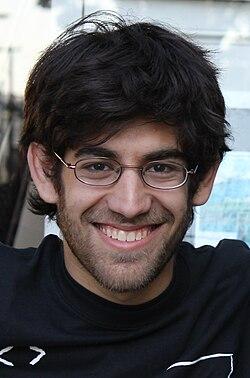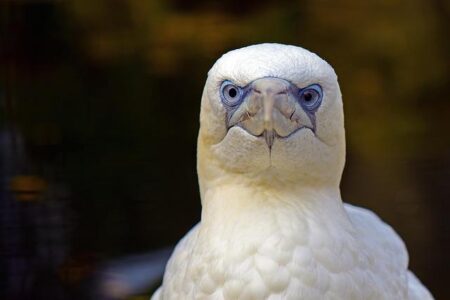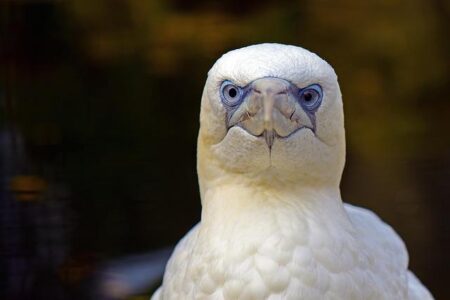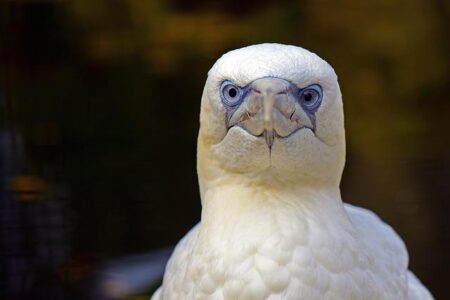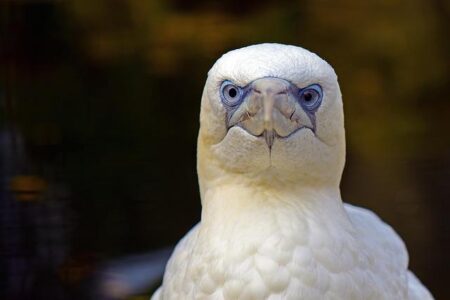Nigerian Women Athletes: Global Success Amid Ongoing Financial Struggles
Nigerian female athletes have consistently impressed the world with their outstanding achievements across various sports disciplines, ranging from track and field to team sports. Champions like Tobi Amusan, who recently clinched gold at the World Athletics Championships, and sprinting legend Blessing Okagbare have significantly boosted Nigeria’s international sporting stature. However, beneath these remarkable accomplishments lies a persistent challenge: insufficient funding and unequal remuneration that hinder their full potential and recognition.
Despite their remarkable feats on the global stage, many Nigerian women in sports grapple with chronic underinvestment and limited access to sponsorships. This disconnect between success and financial support highlights deeper structural deficiencies within Nigeria’s sporting ecosystem.
Overcoming Financial Hurdles: The Determined Ascent of Nigerian Female Athletes
The determination shown by Nigerian women athletes is especially commendable given the financial difficulties they routinely face. Recent research indicates that approximately 70% of these athletes endure ongoing monetary challenges that negatively impact their training regimes and competitive preparedness. Key factors contributing to this disparity include:
- Lack of targeted government funding dedicated specifically to women’s sports initiatives.
- A significant shortage of corporate sponsorship deals compared to male athletes.
- Limited media coverage reducing public awareness and endorsement opportunities.
| Sport Category | Major Accomplishments | Status of Financial Backing |
|---|---|---|
| Athletics (Track & Field) | Multiple medals at World Championships & Olympic qualifiers | Poor allocation of government funds |
| Women’s Basketball National Team | Regular top placements in African continental championships | Lack of substantial sponsorship agreements |
| Female Wrestling Division | Sustained qualification for Olympic cycles over recent years | Irrationally inconsistent federation support levels |
This imbalance not only restricts current athletic performance but also discourages young girls from pursuing professional careers in sport due to uncertain financial prospects.
A useful comparison can be made with Ethiopia’s investment in female long-distance runners, which has resulted in enhanced performances internationally alongside increased brand endorsements—demonstrating what strategic funding reforms could achieve for Nigerian women athletes.
Narrowing the Pay Gap: Essential Reforms for Fair Compensation in Nigerian Sports Institutions Â
The stark wage disparity between male and female athletes remains one of the most urgent issues confronting Nigerian women in sport today. Male counterparts often receive salaries, bonuses, and endorsement deals two to three times higher than those offered to females—a discrepancy that damages morale as well as career sustainability for many gifted women representing Nigeria globally.
- TRANSPARENT AND EQUITABLE PAY STRUCTURES: Develop clear salary frameworks based on merit rather than gender biases or outdated conventions;
- < strong >LONG-TERM CORPORATE PARTNERSHIPS: Incentivize businesses through tax benefits or public accolades to invest steadily in women’s teams;
- < strong >LEGISLATIVE ADVOCACY AND POLICY ENFORCEMENT: Push for laws mandating equal pay standards within national sporting bodies backed by enforceable sanctions;
- < strong >COLLABORATIVE MULTI-SECTOR ENGAGEMENT: Foster partnerships among government agencies, private sponsors, media outlets, athlete unions, and NGOs championing gender equality;
- < em >Public education campaigns showcasing successful global models can help shift societal attitudes about women’s value within competitive sports.< em >
Category Average Earnings – Male Athletes (USD) Average Earnings – Female Athletes (USD) National Team Players $15,000 $8 ,000 Club Level Players $10 ,000& nbsp; & nbsp; & nbsp; & nbsp; & nbsp;
& nb sp;
& nb sp;
& nb sp;
& nb sp;&nb sp;
&nb sp;
&nb sp;
& ;#xA0;
& ;#xA0;
& ;#xA0;
& ;#xA0;
& ;#xA0;
& ;#xA0;
& ;#xA0;
<br />
<br />
<br />
<br />
<br />
<br />
$4 ,500
< / td >< tr >
< td >& Endorsements
< br />
(Brand Deals)< br />
(bold) $25 ,000
( bold)
( bold)( bold)
( bold)
( bold)
( bold)
(bold) $7 ,000
(bold)
(bold)
(bold)
(bold)
(bold)< / td>
< td >& # x20AC ;
15 ,000
€15 ,000
€15 ,000
€15 ,000€15 ,00…
€8 ,
00…€8 ,
00…€8 ,
00…€8 ,
00…€8 ,
00…€4 ,
50…
€4 ,
50…
€4 ,
50…
€4 ,
50…
€4 ,
50…
ÂŁ7,
00…
ÂŁ7,
00…
ÂŁ7,
00…
ÂŁ7,
0035…
ÂŁ7003…
ÂŁ7003…
ÂŁ7003….ÂŁ25,
0035…
ÂŁ25003..
ÂŁ25003..
ÂŁ25003..ÂŁ25,
0035…
ÂŁ25,
0035…
ÂŁ25,
0035….
ÂŁ10,
0056…
ÂŁ10,
0056…
ÂŁ10,
0056…
 Â
 Â
 Â
 Â
  Â
  Â
  Â
  Â
 Â
 Â
 Â
 Â
                             Â
The data above clearly illustrates a significant income gap affecting not only daily living standards but also access to essential resources such as quality healthcare services, nutrition plans tailored for elite performance needs, psychological counseling—all vital components supporting sustained athletic success.
Nigerian decision-makers must acknowledge equitable investment into women’s athletics as a critical catalyst for national pride—similar to how South Africa’s inclusive policies have strengthened its competitiveness internationally across diverse sporting arenas.< p>
Sustaining Progress: Comprehensive Support Beyond Salaries Is Crucial Â
Nigeria’s female competitors are more than just elite performers—they serve as role models inspiring countless young girls nationwide. Ensuring their continued advancement requires broad-based investments including mentorship programs linking emerging talents with experienced champions who understand challenges unique to professional female athletes today.< p>
Additionally,< strong>sponsorship campaigns focusing on brands committed to empowering women provide mutual advantages—enhancing corporate social responsibility profiles while channeling crucial funds into grassroots development efforts.< strong>
- < strong>Mentorship Programs:< strong>— Formalized platforms facilitating knowledge exchange between generations build resilience amid adversity;< li/>
- < strong>Diverse Sponsorship Engagement:< strong>— Involving sectors beyond traditional industries expands available resources;< li/>
- < strong>Evolving Media Narratives:< strong>— Highlighting stories about female athlete journeys boosts fan interest thereby attracting further commercial backing;< li/>
- < strong>Laws Promoting Gender Equality:< strong>— Enacting enforceable regulations ensures accountability among governing bodies regarding fair treatment;< li/>
A unified approach involving entities such as the Ministry of Youth & Sports Development alongside private sector partners will foster an environment where talent thrives sustainably instead of being stifled by economic limitations.< p>
The Future Vision: Empowering Generations Of Nigerian Women In Sport To Come /h2>
The extraordinary achievements recorded by Nigeria’s sportswomen represent both milestones reached and calls-to-action against deep-rooted inequalities within athletics domains worldwide.
While incremental progress has been observed over recent years—with heightened visibility during major events like Commonwealth Games—the quest toward full parity remains unfinished yet imperative.< /p>
Tapping into this vast potential demands collective dedication from all stakeholders including policymakers crafting fair frameworks,
committed sponsors ready for impactful investments,
and media platforms amplifying narratives celebrating these trailblazers’ successes.This united effort will pave way so future generations witness an arena where talent flourishes regardless of gender identity,
and every aspiring girl envisions herself confidently standing atop podiums globally.

